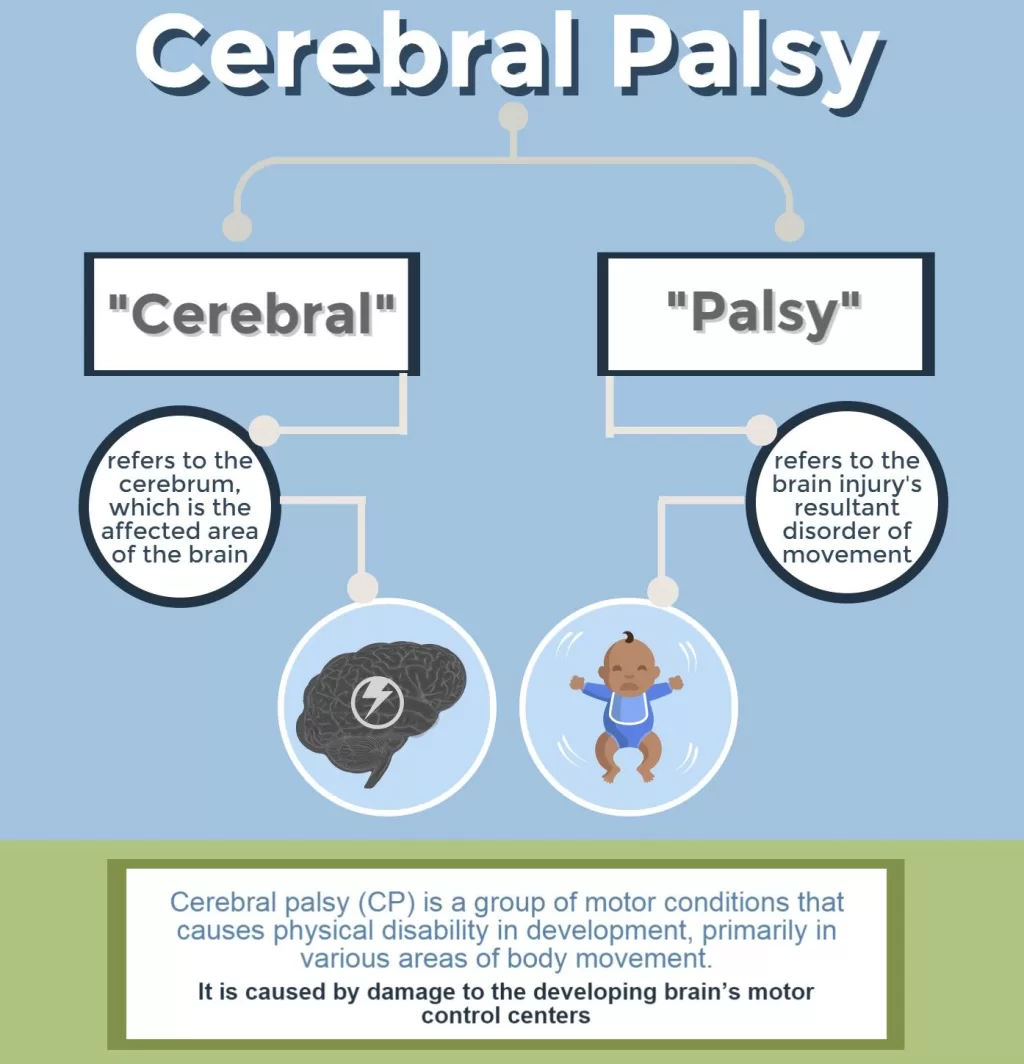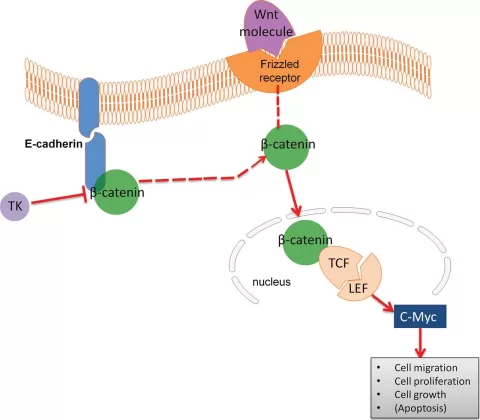Cerebral palsy (CP) is a neurological disorder that is often diagnosed in infancy, impacting movement, coordination, and posture in approximately 1 in 345 children. Understanding cerebral palsy is crucial for parents, as the right interventions and support can significantly improve their child’s developmental trajectory. Early intervention is a key focus in the management of CP, encompassing various therapeutic services tailored to individual needs. In this guide, we will discuss essential strategies for parents, including a comprehensive parents’ guide to accessing early intervention resources and support for cerebral palsy. By prioritizing developmental therapy and utilizing the commissioning framework outlined by health authorities, families can ensure that their children receive optimal care from the very beginning.
Cerebral palsy, which encompasses a spectrum of disorders affecting motor function due to brain anomalies, is a critical subject for parents and caregivers. This condition, characterized by difficulties in movement and muscle control, can be daunting but is manageable with the right approach. Early identification and intervention, often referred to as developmental therapy, are vital for enhancing children’s quality of life. Additionally, navigating available resources and understanding support mechanisms can empower families dealing with the complexities of this diagnosis. By accessing various forms of assistance, including community-based support and customized care frameworks, parents can become effective advocates for their children.
What is Cerebral Palsy? A Comprehensive Overview
Cerebral palsy (CP) is a complex neurological disorder that affects a person’s ability to move and maintain balance and posture. This condition results from damage to the brain during its development, either in pregnancy, during birth, or shortly after. It is characterized by a group of disorders that affect muscle control and coordination, leading to challenges in daily activities. Understanding CP is crucial for parents and caregivers as it enables them to seek appropriate support and intervention services.
The impact of CP can vary significantly among individuals. While some may face mild disabilities and lead relatively normal lives, others might experience more severe challenges requiring specialized care. As a parent, recognizing these differences can help one become an effective advocate for their child’s needs, ensuring they access early intervention programs tailored to their specific situations.
The Significance of Early Intervention for Children with CP
Early intervention is pivotal for children diagnosed with cerebral palsy, as it can profoundly influence their developmental progress. Research indicates that children who start receiving therapies and services early have a better chance of developing essential skills, such as communication and mobility. These services may include physical therapy, occupational therapy, and social skills training, all aimed at helping children reach their utmost potential.
Furthermore, the early intervention approach emphasizes the inclusion of family members in the care plan. Parents are often encouraged to learn therapeutic techniques that can be practiced at home, reinforcing the benefits of professional therapy sessions. Early support not only improves the child’s physical capabilities but also enhances their emotional and social development, leading to better overall outcomes as they grow.
Resources and Support for Parents Facing CP
Navigating the complexities of cerebral palsy can be overwhelming for parents, but numerous resources and support systems are available to aid their journey. Local clinics specializing in pediatric therapies often provide a wealth of information and direct access to occupational therapists, physiotherapists, and speech-language pathologists. These professionals can create personalized care plans that directly address the child’s developmental needs. Engaging in these resources can significantly improve both the child’s growth and the family’s understanding of CP-related challenges.
In addition to professional support, peer connections are invaluable. Support groups and organizations like the Cerebral Palsy Foundation offer platforms for parents to share experiences, learn from each other, and find comfort in a community that understands their struggles. Whether through in-person meetings or online forums, connecting with others facing similar challenges can foster a sense of solidarity and empowerment.
Recent Innovations in Early Intervention Strategies
Recent advancements in early intervention strategies for children with cerebral palsy showcase the ongoing commitment to improving care and outcomes. Initiatives such as the Cerebral Palsy Integrated Pathway emphasize a coordinated approach, integrating various disciplines to provide comprehensive care. This model has proven effective in reducing complications and improving overall health outcomes, demonstrating the value of a well-structured framework in supporting affected children.
Moreover, the integration of technology in therapy sessions has transformed the landscape of developmental therapy. Virtual reality and interactive gaming are emerging as innovative tools that make therapy more engaging for young children. By utilizing such advancements, therapists can create more dynamic sessions that capture children’s attention while effectively working on motor and cognitive skills.
The Importance of a Commissioning Framework for CP Services
The recent introduction of a commissioning framework by NHS England signifies a critical step toward ensuring equitable access to services for children with cerebral palsy. This framework aims to standardize care across different regions, addressing disparities in service availability. By having established protocols and mandates, families will find it easier to access necessary resources, professional guidance, and a clear pathway to intervention.
In practice, a well-executed commissioning framework means that every child has a dedicated care coordinator. This individual acts as a liaison between families and healthcare providers, coordinating therapeutic services and ensuring that each child’s unique needs are met. Ultimately, this structured approach not only enhances service delivery but also ensures that families receive timely and relevant support in their care journey.
Frequently Asked Questions
What is Cerebral Palsy and how does it affect children?
Cerebral palsy (CP) is a neurological disorder caused by brain damage during development, primarily affecting movement and coordination. It impacts approximately 1 in 345 children and can lead to varying degrees of physical impairment. Early intervention can enhance the quality of life for children with CP, helping them develop vital motor and cognitive skills.
Why is early intervention important for children with Cerebral Palsy?
Early intervention is crucial for children with cerebral palsy as it provides timely access to therapies such as physical, occupational, and speech therapy. These services can improve motor skills, cognitive development, and overall health. Studies show that children who receive early support have better long-term outcomes and can achieve greater independence.
What resources are available for parents seeking support for their child with Cerebral Palsy?
Parents can access various resources for support in managing cerebral palsy. This includes local therapists specializing in pediatric care, support groups like the Cerebral Palsy Foundation, and educational websites offering information on CP management. Utilizing these resources can help parents navigate treatment options and connect with other families.
How can the NHS commissioning framework improve care for children with Cerebral Palsy?
The NHS commissioning framework aims to enhance access to early intervention services for children with cerebral palsy by establishing structured protocols for care. It emphasizes the need for a named care coordinator to support families in navigating services, ensuring personalized care and overcoming barriers to accessing necessary therapies and resources.
What recent developments in early intervention are benefiting children with Cerebral Palsy?
Recent developments in early intervention include the introduction of the Cerebral Palsy Integrated Pathway (CPIP) in Scotland, which has proven effective in reducing complications related to CP by utilizing a multidisciplinary approach. Additionally, increased funding initiatives targeted at early intervention programs signify growing recognition of the importance of timely support for children with cerebral palsy.
| Key Points | Details |
|---|---|
| Understanding Cerebral Palsy | Cerebral palsy (CP) affects muscle control and coordination. It is diagnosed in early childhood with no cure, though early intervention can enhance outcomes. |
| Importance of Early Intervention | Early intervention services improve motor skills and cognitive development, making timely access to support crucial. |
| Resources for Families | Local therapists, support groups like the Cerebral Palsy Foundation, and online educational resources are essential for parents. |
| Recent Developments | New frameworks by NHS England focus on individualized care and improved access to services, highlighting funding needs for early intervention. |
| Successful Intervention Models | Initiatives like the Cerebral Palsy Integrated Pathway (CPIP) in Scotland showcase effective multidisciplinary approaches. |
Summary
Cerebral palsy is a complex condition that requires early intervention and support for optimal development outcomes. Understanding the nuances of CP enables parents to seek the necessary resources and advocacy that can make a significant difference in their child’s life. Early intervention services are paramount, as they not only improve motor skills but also enhance cognitive development. With various resources available, including local therapists and support groups, families can access vital information and assistance.
Recent developments in the field emphasize the need for coordinated care and funding initiatives that ensure adequate support for those affected by CP. By learning about successful intervention models and remaining engaged with advocacy efforts, parents can help pave the way for better care and improved life outcomes for their children. Ultimately, the journey of managing cerebral palsy is filled with challenges, yet with timely and organized support, families can foster growth and development in their children.
The content provided on this blog (e.g., symptom descriptions, health tips, or general advice) is for informational purposes only and is not a substitute for professional medical advice, diagnosis, or treatment. Always seek the guidance of your physician or other qualified healthcare provider with any questions you may have regarding a medical condition. Never disregard professional medical advice or delay seeking it because of something you have read on this website. If you believe you may have a medical emergency, call your doctor or emergency services immediately. Reliance on any information provided by this blog is solely at your own risk.








